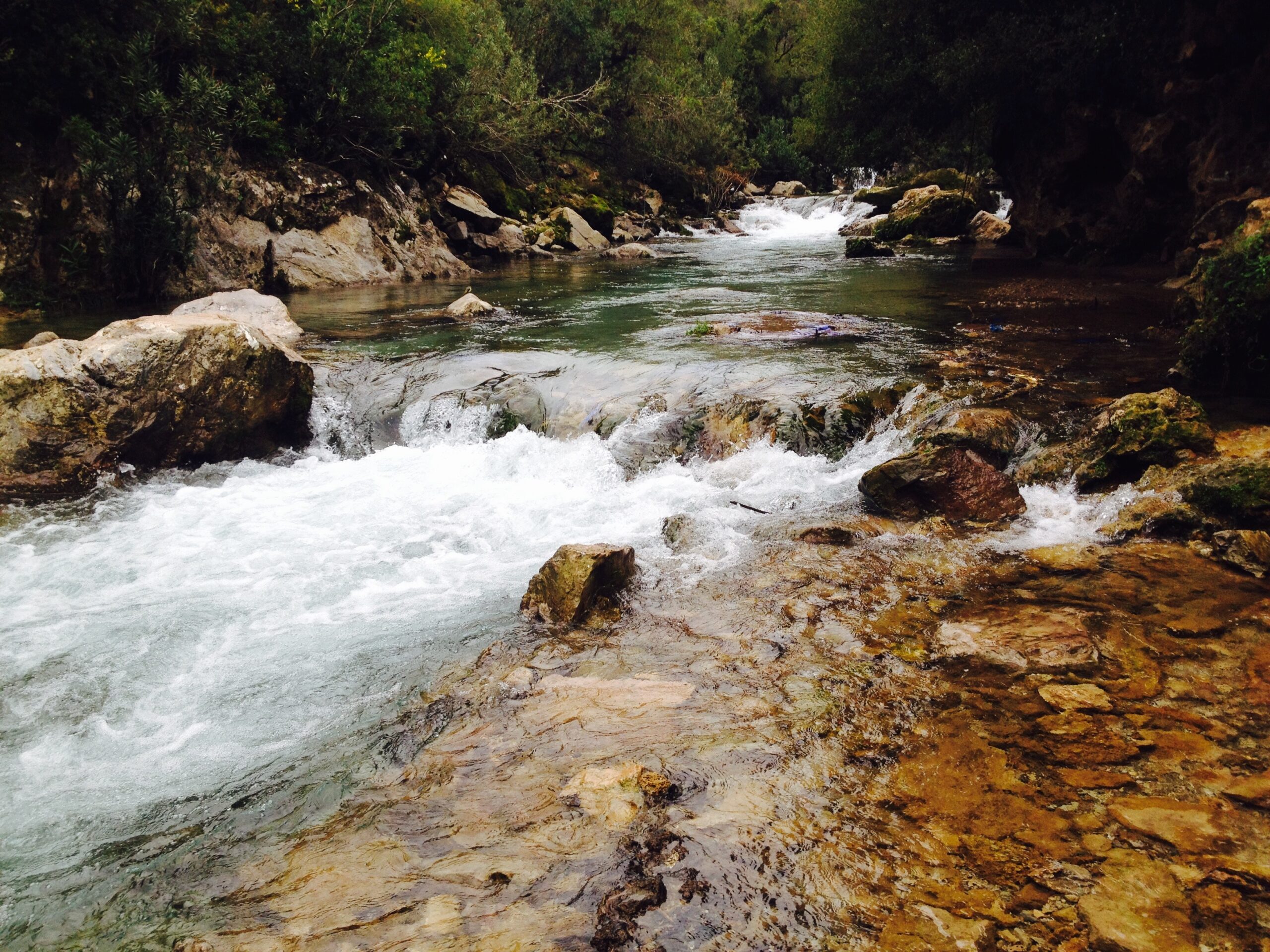On October 30, 2023, the U.S. Supreme Court denied the Klamath Irrigation District’s (KID) petition for certiorari of the Klamath Irrigation District v. United States Bureau of Reclamation, et al., case no. 22-1116. The U.S. Ninth Circuit Court of Appeals had dismissed the case on September 8, 2022, in part based on KID’s failure to join the Hoopa Valley Tribe and the Klamath Tribe in the case. The Ninth Circuit ruled that the Tribes were “required parties” but protected from being pulled into the case by their sovereign immunity. The Supreme Court’s refusal to rehear the case supports tribal sovereign immunity.
In September 2023 the Hoopa Valley Tribe, the Klamath Tribe and the Federal government filed briefs in opposition to KID’s appeal to the Supreme Court. While the Tribes and the Federal government agreed that the Supreme Court should refuse to hear the case, the Federal government failed to support the Tribes’ position that they are a necessary party, and the case cannot proceed under Rule 19 without the Tribes.
Rule 19 governs the Required Joinder of Parties. Rule 19(b) involves whether a court can proceed with an action in good conscience despite a necessary party’s absence to the litigation. To make that assessment, Rule 19(b) provides the court with a list of factors to consider on a case-by-case basis. The Ninth Circuit applied Rule 19 and determined that precedent set in Dine Citizens Against Ruining Our Environment v. Bureau of Indian Affairs, 932 F.3d 843 (9th Cir. 2019) required dismissal of KID’s action for failure to join a necessary party—the Tribes. This was because the Ninth Circuit found that federal and tribal interests were not sufficiently aligned.
In its brief to the Supreme Court, the Federal government agreed with KID’s position that the Ninth Circuit incorrectly applied Rule 19. The Federal government argued that it could adequately represent the Tribes’ interests.
The Tribes disagreed. The Tribes argued that Rule 19 required a case-by-case analysis and cited examples of instances where the Ninth Circuit found the Federal government to be an adequate representative of tribal interests in Southwest Center for Biological Diversity v. Babbit, 150 F. 3d 1152 (9th Cir. 1998) and again in Washington v. Daley, 173 F.3d 1158 (9th Cir. 1999). The Tribes also pointed to their pending litigation against the U.S. Bureau of Reclamation for its failures to comply with the ESA protecting treaty fishing resources to support their position that Dine Citizens was appropriately applied by the Ninth Circuit.
While the Tribes held off KID’s challenge to tribal sovereign immunity, KID filed a second petition for certiorari to the U.S. Supreme Court in a related Ninth Circuit case decided on June 5, 2023, known as Klamath Irrigation District v. U.S. Bureau of Reclamation et al., case no. 23-216. In this case, the Ninth Circuit ruled that state courts do not possess jurisdiction to enforce the Federal government’s statutory and Indian trust obligations to maintain adequate levels of water in the Klamath River Basin. KID filed its petition to the Supreme Court on September 5, 2023, and is again arguing that these could be heard in state court.
The Federal government filed its brief opposing rehearing before the Supreme Court on November 9, 2023. In support of tribal water rights, the Federal government argued that state courts and administrative entities do not have the authority to adjudicate and potentially extinguish the federally reserved rights to water possessed by the Tribes.
While it is positive that the Federal government opposed ceding adjudication of tribal water rights to state courts and administrative forums, the government’s position on the application of Rule 19 in the first petition discussed above is a cause for concern. The sovereign right of tribes to defend their treaty interests would be significantly weakened if courts were to allow such cases to proceed without involvement of the tribes. More than a century of Federal Indian law has demonstrated this fact up to and including the recent Arizona v. Navajo Nation case in which the Federal government argued against enforcement of tribal water rights.
Patterson Earnhart Real Bird & Wilson LLP is dedicated to the representation of American Indian tribes, tribal entities, and individual Indians across the United States. Our mission is to support and advance the sovereignty, self-sufficiency, and self-governance of our tribal clients.
To learn more about how we can assist your tribe, contact our Colorado office at 303-926-5292.

